Every four years, the United States elects a new President. It is a battle of intellect, diplomacy and achievement, accompanied by unexpected events.
1872: Candidate dies before Electoral College votes
Although when a sitting President dies, there is a temporary vice president as a solution, the case of a presidential candidate dying during the election period is different.
In 1872, Democratic presidential candidate Horace Greeley died on November 29, after the popular vote. Fortunately, according to the electoral votes counted after the popular vote, Republican presidential candidate and incumbent President Ulysses S. Grant won, averting the crisis.
But when the day came for the Electoral College to vote, what would happen to Greeley's votes? Congress decided to redistribute them to other candidates, so Grant could easily win re-election as expected without much change.
This dilemma is arguably still possible today, given the relatively older presidential candidates. With more 70- and 80-year-olds in office, it is unclear when another Greeley scenario will occur, creating headaches for political parties and Congress.
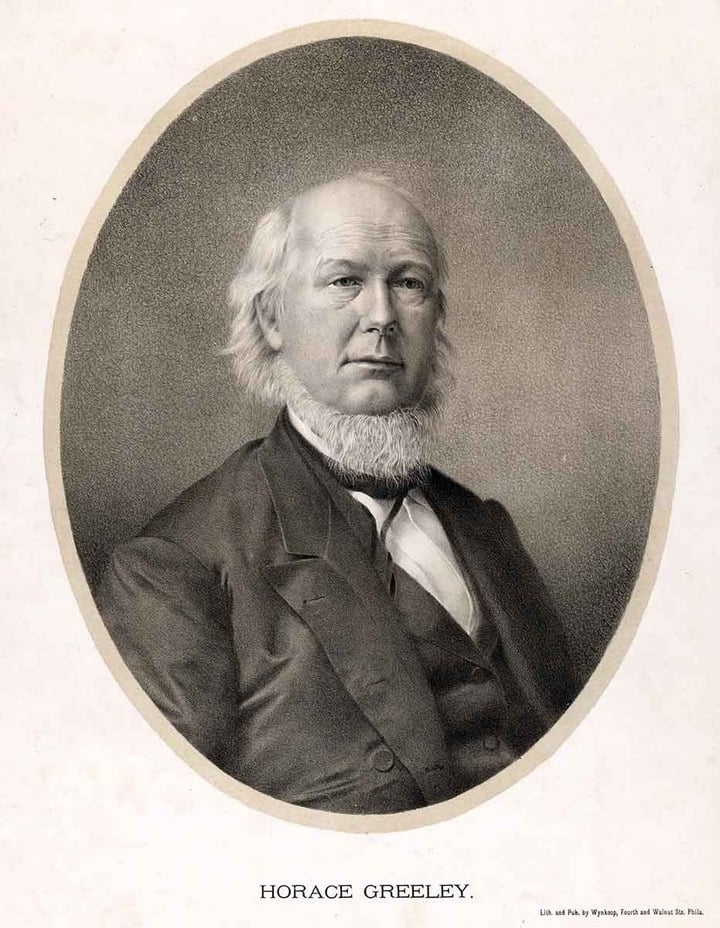
US presidential candidate dies before the electoral college votes.
1880: Candidate with strange fate
Today, US presidential candidates campaign for a year just to win their party’s nomination, an effort that can cost millions of dollars and involves rigorous campaigning in early voting states.
Before World War II, however, presidential candidates rarely participated in primaries—parties usually decided their nominees at closed-door conventions of party leaders. In 1880, the Republican National Convention was held to nominate the next presidential candidate.
A U.S. Representative named James Garfield arrived at the convention to give a speech nominating fellow Ohio politician John Sherman. Perhaps impressed by Garfield's speech or simply exhausted by the lack of a clear Republican leader, the delegates announced that they wanted Garfield himself to be the nominee! Garfield was suddenly catapulted from the House of Representatives to the White House. Unfortunately, he was assassinated during his first term.
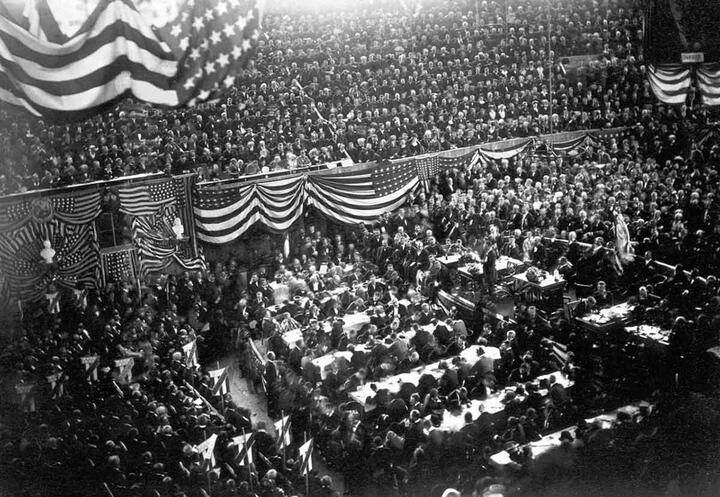
The 1880 Republican National Convention.
1948: "Turn the tables" on opponents at the last minute
Vice President Harry S. Truman, who was thrust into the spotlight in April 1945 when President Roosevelt died just before the end of World War II, by 1948 America seemed ready for a change, leaving Roosevelt and the Democrats behind.
Many critics saw Truman as Roosevelt's heir and were unhappy with the economy struggling to reform after the war.
Truman, however, threw himself into the 1948 campaign with vigor. Despite threats from the conservative wing of his party to abandon him, Truman remained steadfast in his executive orders on civil rights.
Most media outlets at the time predicted that the November election would be a sure victory for Republican candidate Thomas Dewey. One prominent newspaper even published an advance article about Dewey’s victory… but Truman was elected shortly thereafter.
The photo of the newspaper became a historical reminder to the media that never write someone off too soon.
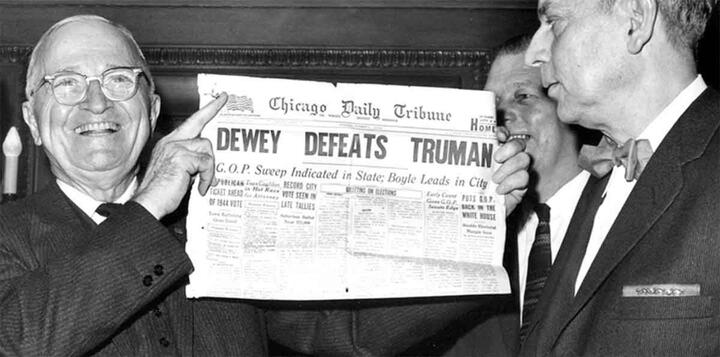
Mr. Truman holds the newspaper page that "misprinted" the news that Mr. Dewey won.
1992: The "Time" of the Independent Candidate
The strongest independent/third-party presidential candidate in 80 years emerged in 1992. Billionaire Ross Perot, a former US Naval Academy graduate with a distinguished career in technology, ran as the third candidate to the incumbent Republican President George Bush Sr. and the Democratic candidate was Bill Clinton, a former Arkansas governor.
Perot's business skills appealed to voters after the 1991 recession, and some believed that the businessman could help reduce the national debt. Perot also saw himself as a political outsider who brought fresh ideas to Washington.
His campaign was sometimes criticized for its lengthy ads, but the billionaire did take to the debate stage with Bush and Clinton that fall. Despite winning more than 19 million popular votes, Perot did not win a majority in any state or Washington, DC, and ultimately did not win any electoral votes.
Many Republicans blame Perot for splitting the conservative vote in 1992 and allowing Democratic candidate Bill Clinton to win.
2004: Campaign collapses after a... scream
In 2004, Democrats were furious with incumbent Republican President George W. Bush over the Iraq War, and a group of prominent Democratic politicians were trying to win back the White House.
The frontrunner was longtime Vermont Governor Howard Dean, who spoke out against the Iraq War in 2002 when many Democrats avoided speaking out. Thanks to his outspokenness and background as a governor, not a member of Congress, Dean quickly won support as a principled outsider.
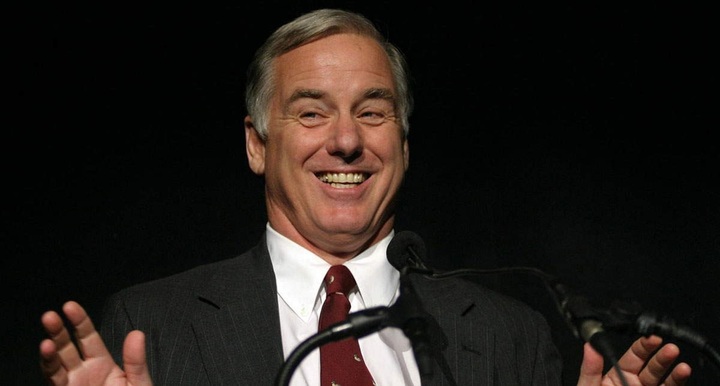
Mr. Howard Dean.
With strong momentum and innovative Internet fundraising programs, Dean led in the polls when the party convention was held in Iowa on January 19, 2004. Surprisingly, Dean finished third, behind John Kerry and John Edwards.
In a passionate speech after that convention, Dean loudly declared that his campaign would win future primaries.
The "Dean Scream" was ridiculed by viewers and pundits, and his campaign essentially collapsed. Senator John Kerry won the Democratic nomination and later lost the general election to President Bush.
2016: Shocking failure
As the younger brother of former President George W. Bush and the son of former President George Bush Sr., Jeb Bush is widely expected to be the Republican presidential candidate in 2016. Many expect 2016 to be a contest between Jeb Bush and Hillary Clinton. Both are longtime party insiders with deep ties to the American political elite. But instead of "cleaning up" his opponents, Jeb Bush is struggling.
Faced with stiff competition from the newcomer Donald Trump, Jeb failed to win the primaries. In a moment that signaled that Bush’s campaign was losing, the former Florida governor had to call for applause from the crowd, a major setback for someone who was once considered a strong Republican presidential candidate. Bush has since stayed out of politics.
Source: https://vtcnews.vn/nhung-su-kien-ky-la-nhat-trong-cac-cuoc-bau-cu-tong-thong-my-ar905309.html






























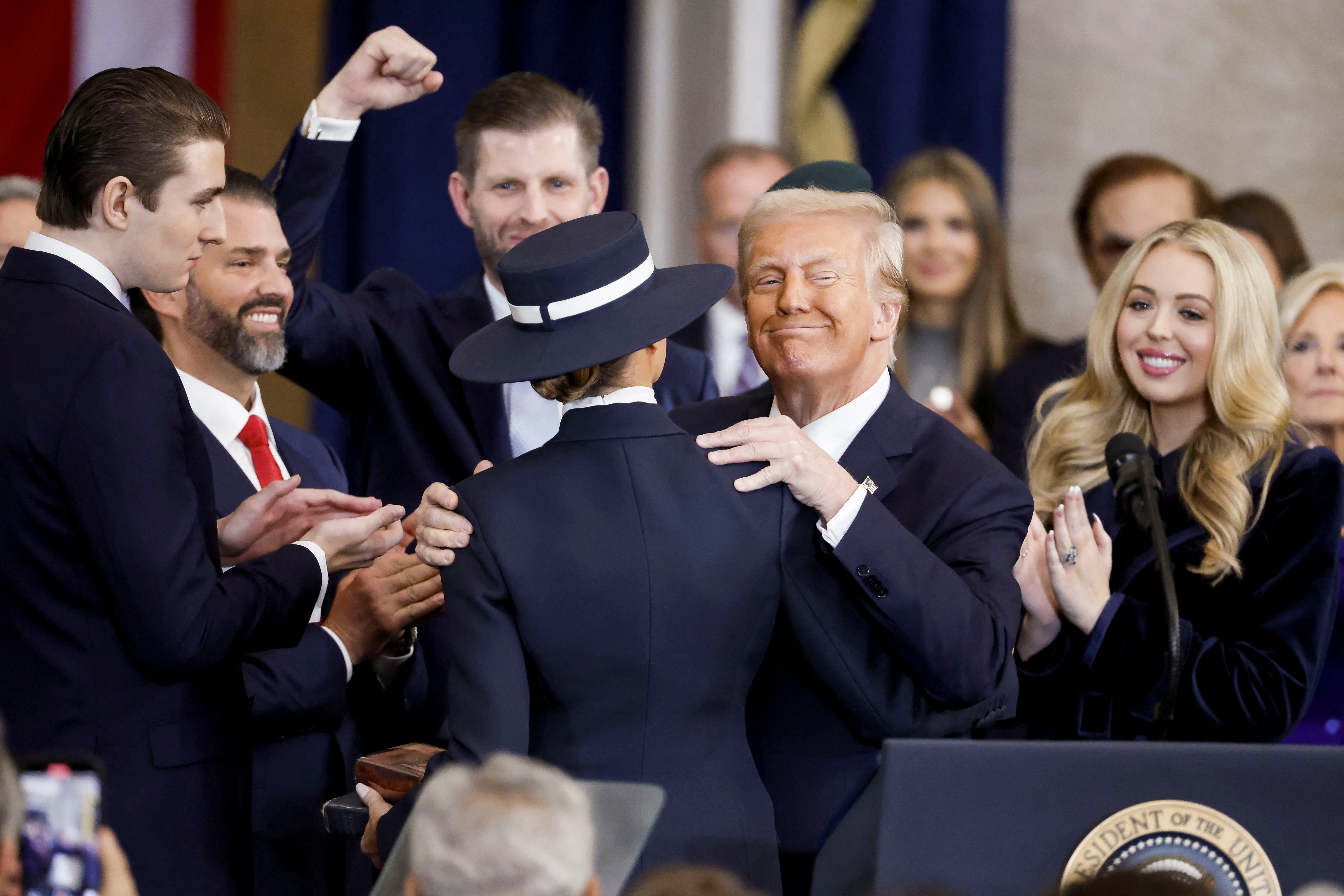

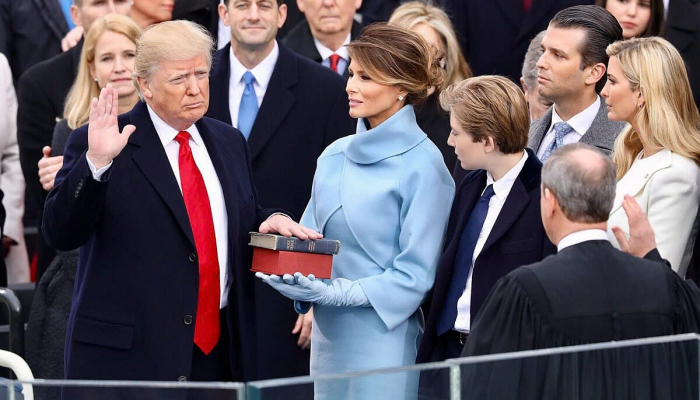

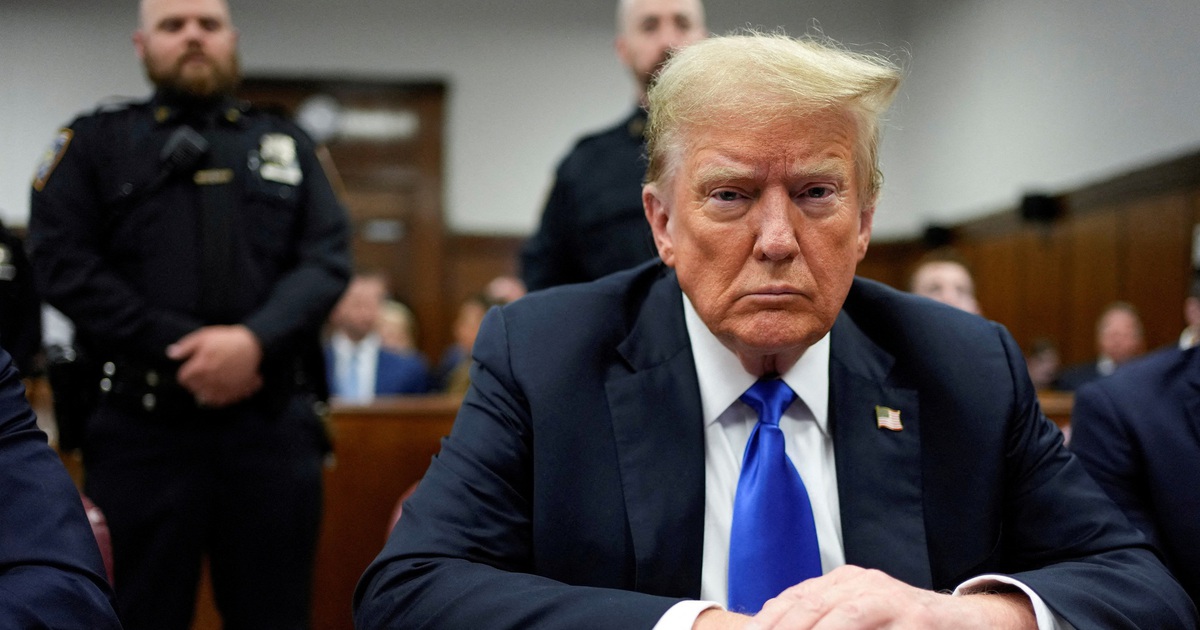


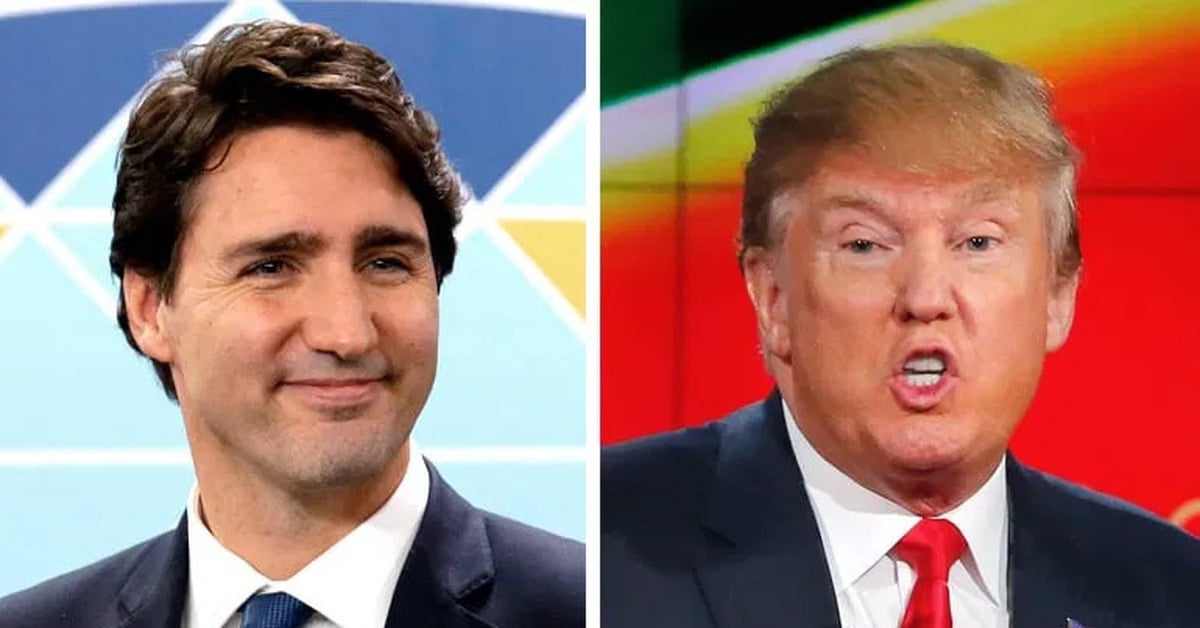

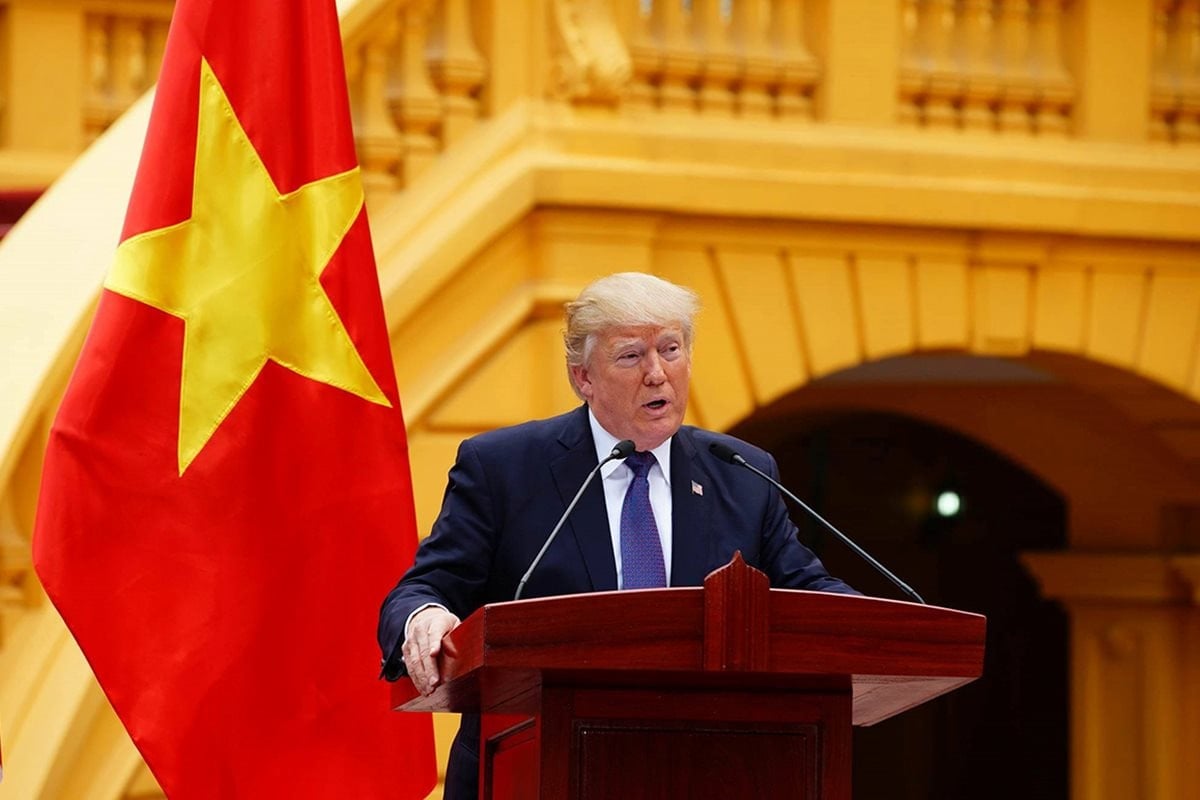


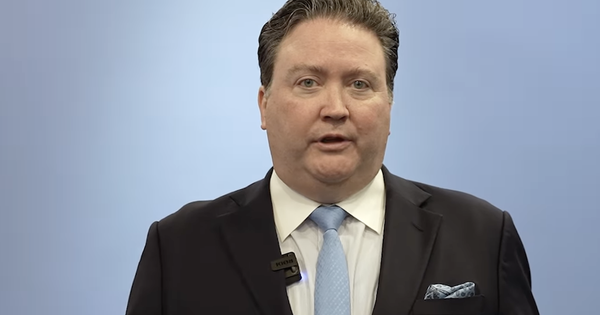























Comment (0)